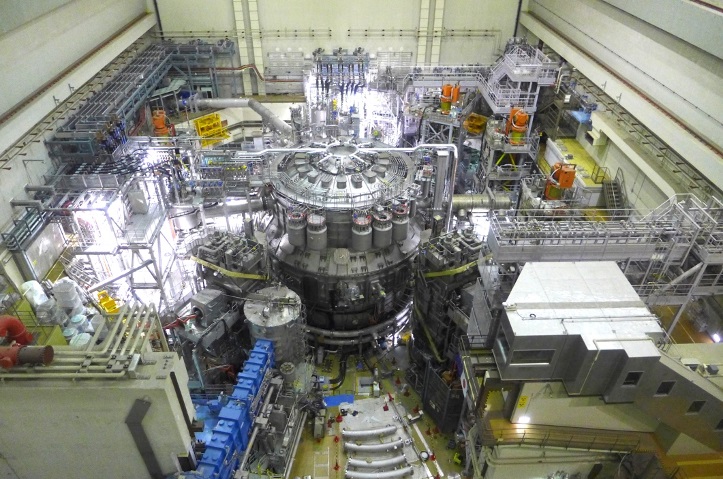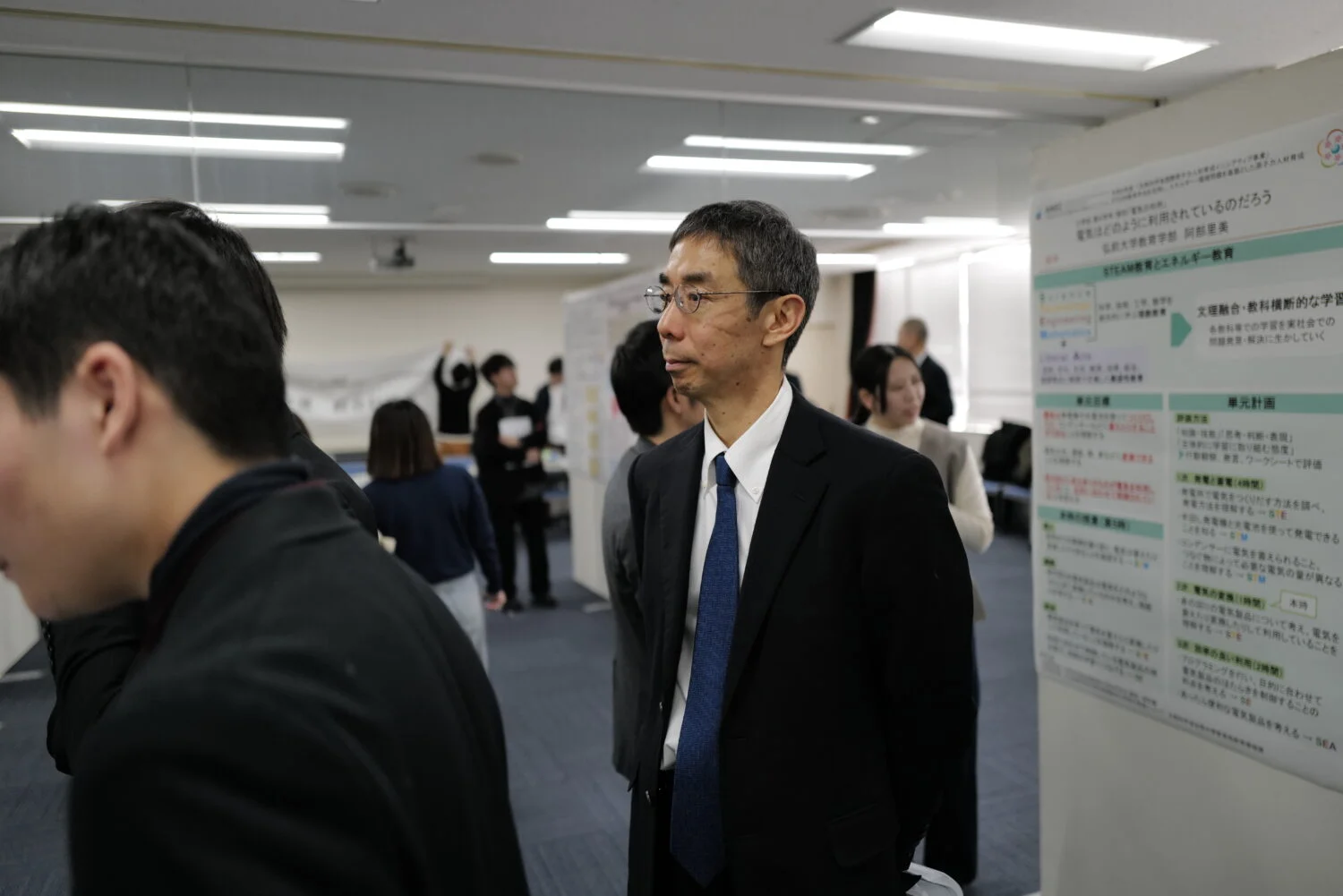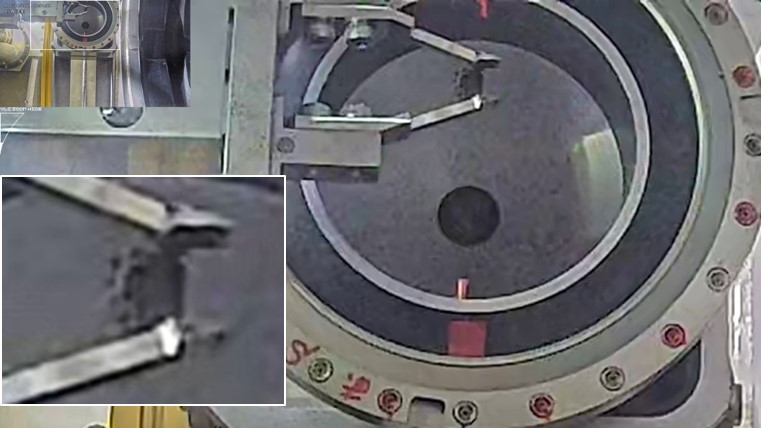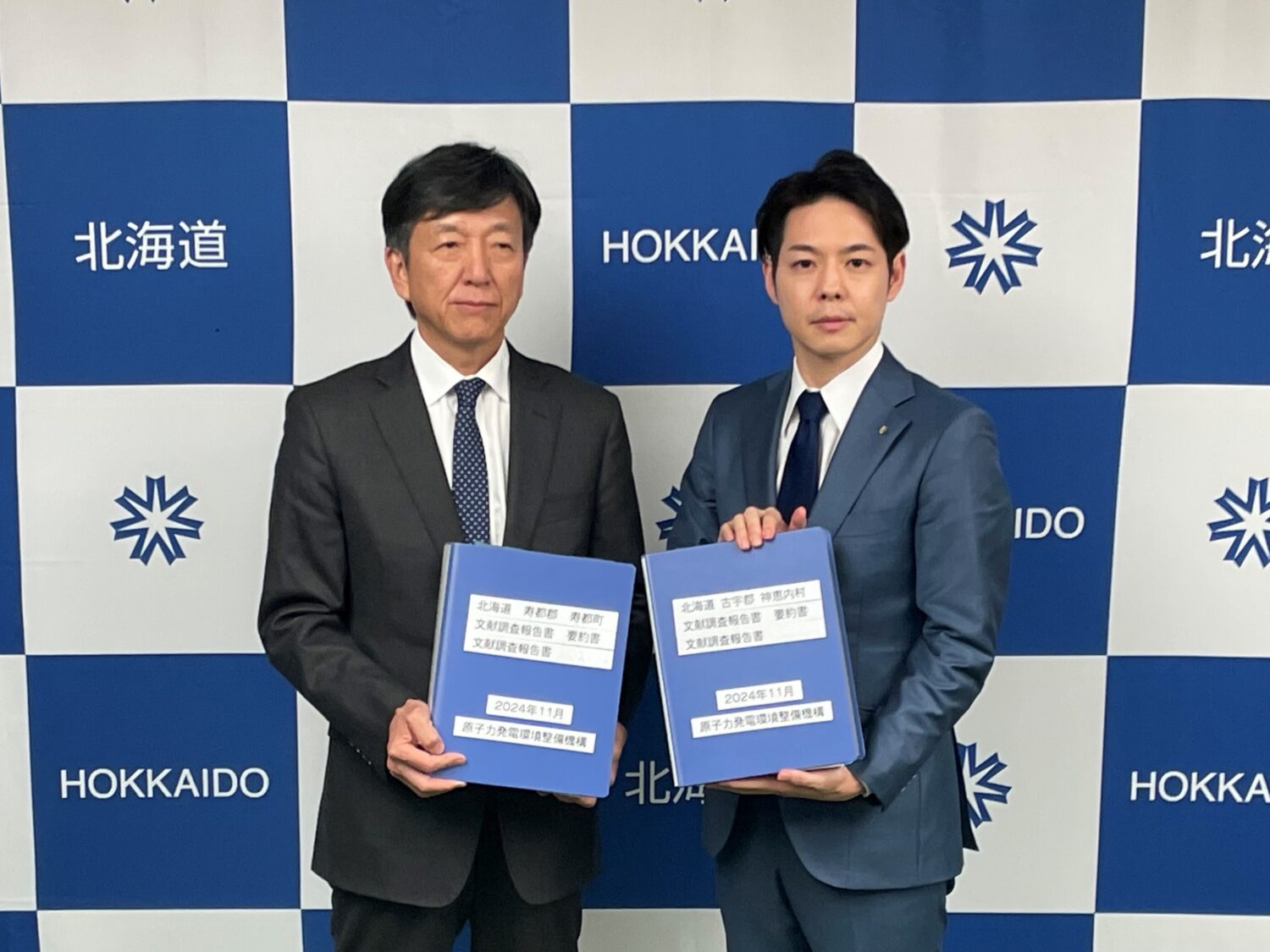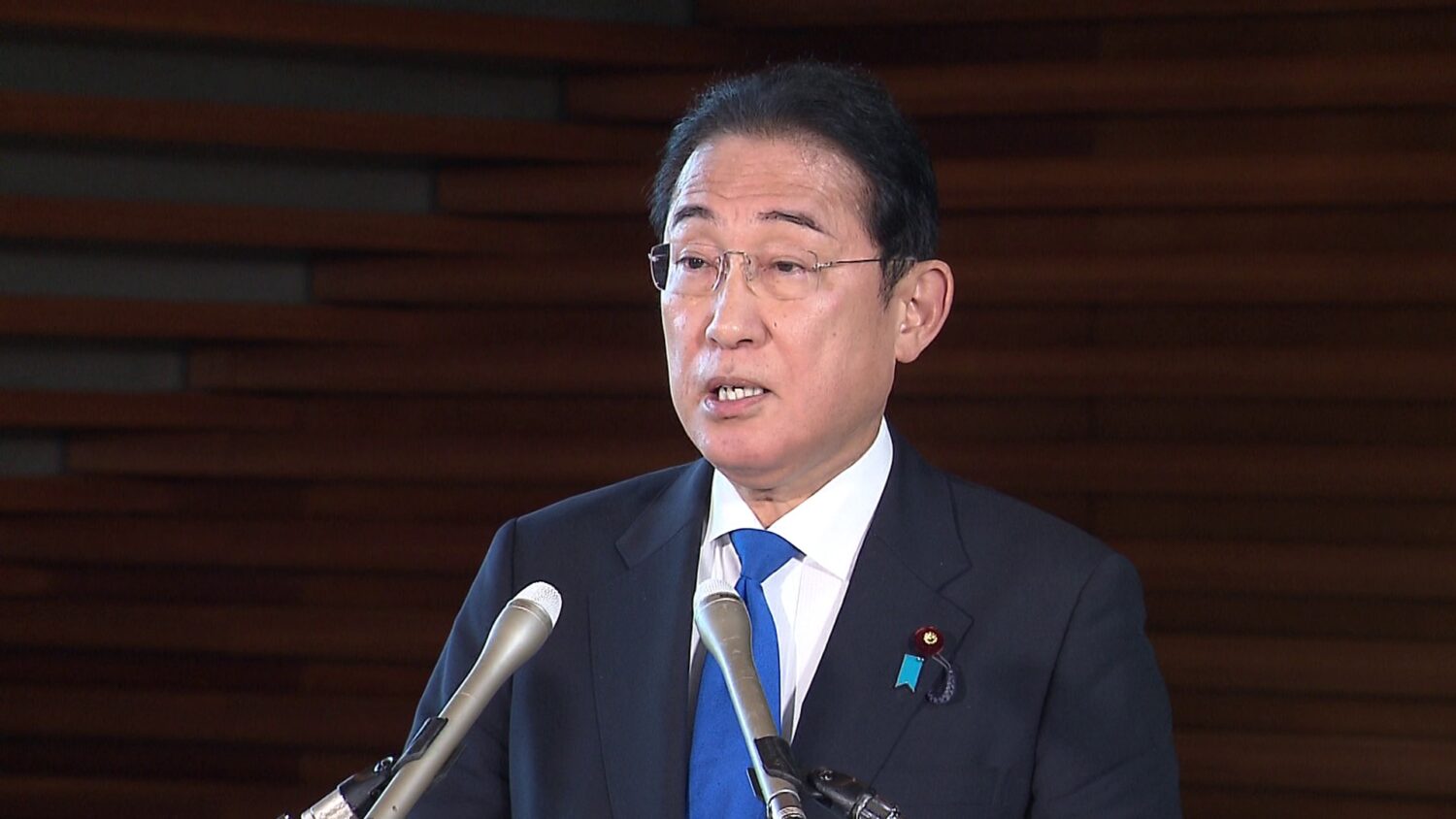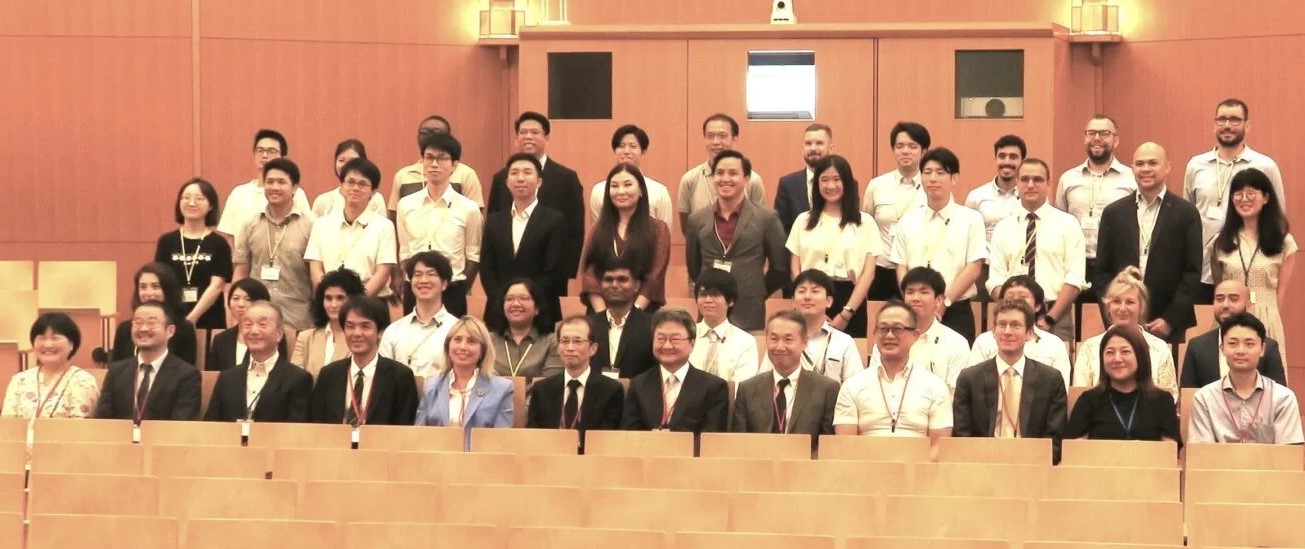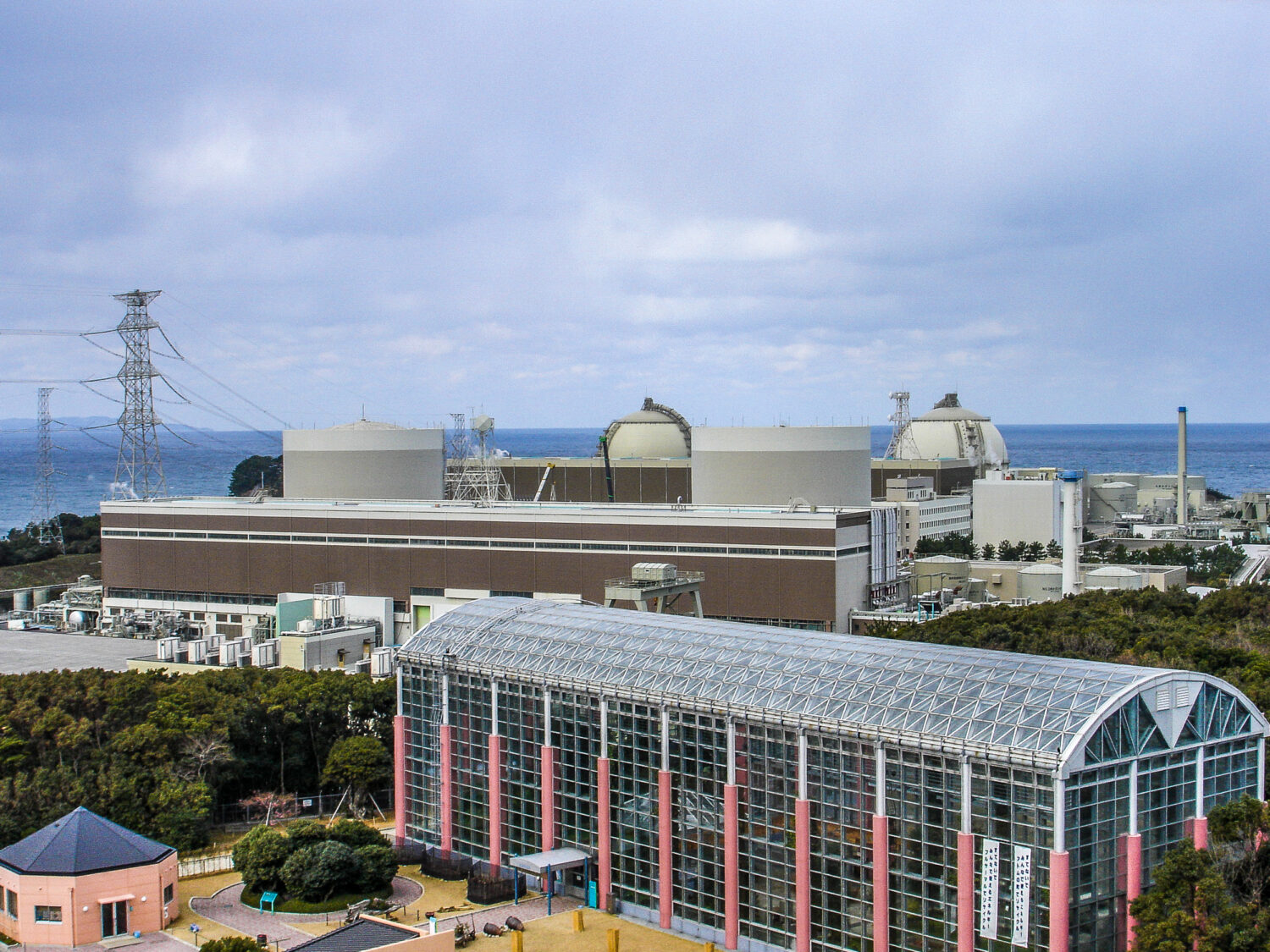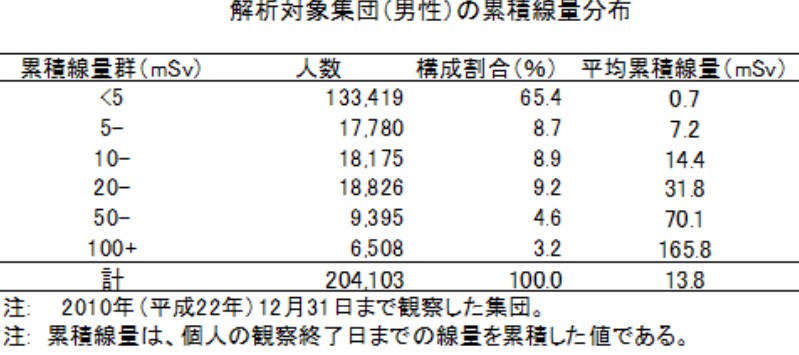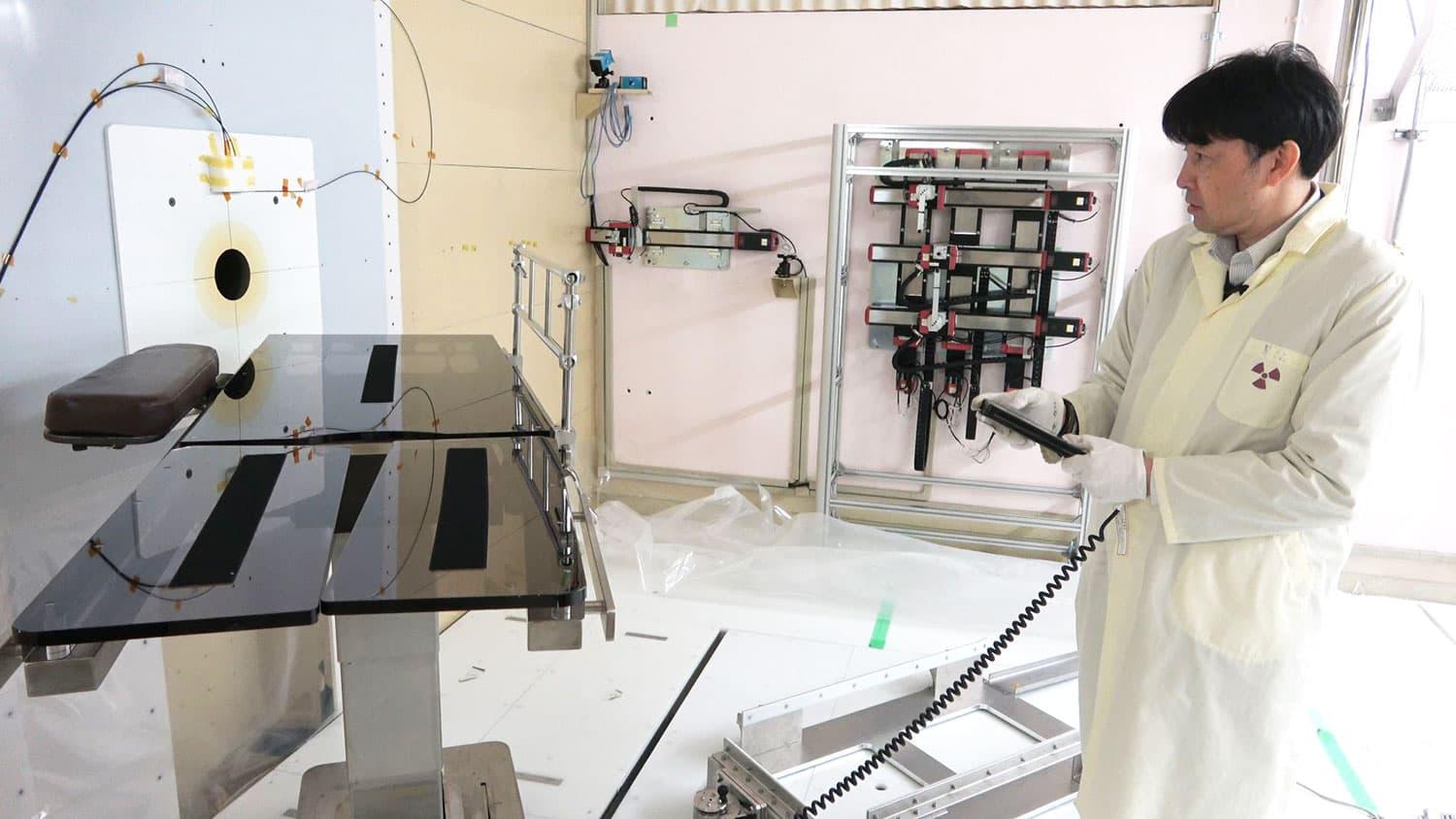Approximately 350 young professionals from all over the world, most of them under 40 years of age, are participating (including on-line attendees). Discussion topics include communications and human resource strategies, and innovation. Participants will also get to know and understand each other better through small-group workshops, role playing, and other exercises.
The IYNC has been convened every two years since 2000 for the purpose of promoting the peaceful uses of nuclear energy and continuing knowledge and expertise beyond national borders and to future generations. More than 300 people from 30 countries have routinely participated, enjoying opportunities to experience presentations in English and building personal contacts and networks.
This IYNC had originally been scheduled this year for Sochi, Russia. It was moved to Japan for the first time in light of recent changes to the global situation. On account of the location, a special session on Fukushima was added, in which the participants will visit TEPCO’s Fukushima Daiichi (I) and Daini (II) Nuclear Power Plants to witness and consider decommissioning and measures for handling contaminated water.
Given various issues—both technological and legal—in the management of aging reactors and the trend toward longer operating lifetimes, another focus is the strengthening of networks between experienced and younger engineers and technicians.
In a keynote address on November 28, President ARAI Shiro of the Japan Atomic Industrial Forum (JAIF), stressed the theme of IYNC2022—“You Are the Core”—that the young attendees would be at the heart of the nuclear industry in the future, and that their role was to ensure continued nuclear use 10, 20 and more years from now.
Referring to developments in Japan, the JAIF President pointed to the early restart of domestic NPPs, the extension of operating lifetimes, and the development and construction of new and replacement NPPs as “necessary actions to make use of the value of nuclear power.”
In order to steadily carry out such actions, he said that the nuclear industry must resolve various issues, enabling private industries to enjoy “foreseeability” in their nuclear business. He added that it must strengthen infrastructure for what is known in Japan as monozukuri (manufacturing technology) and supply chains, and review the value of nuclear power overseas.
The nuclear industry must also, President Arai concluded, communicate adequately with people from younger generations. He said that an appreciation of the value of nuclear power had to be instilled in young people, including young professionals, as well as in the students who are expected to shoulder the industry in the future. He said that he wanted students to be confident that the nuclear industry offered them promising jobs and career opportunities.


